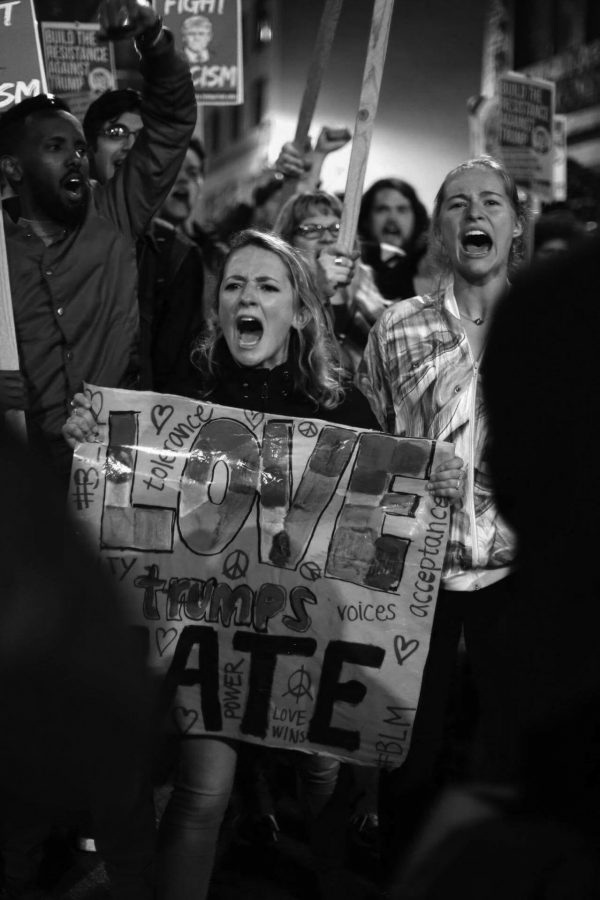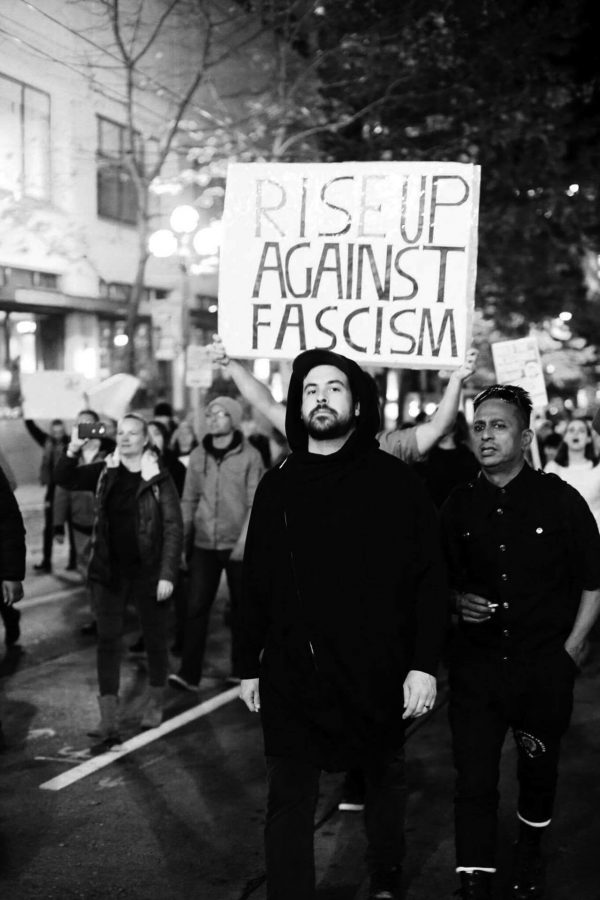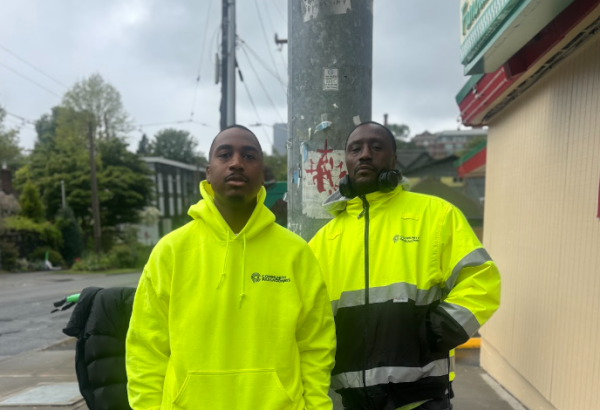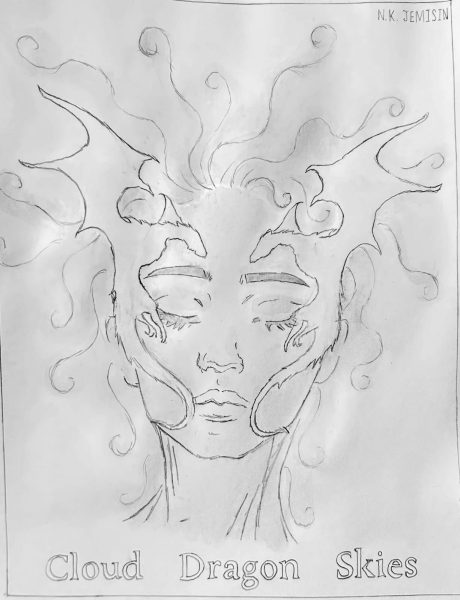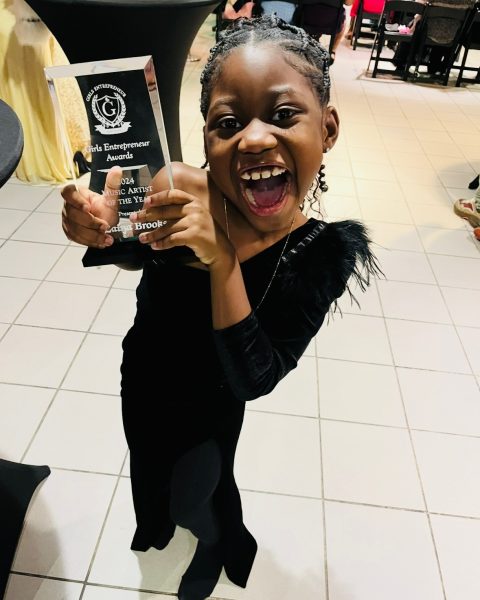A “How-To” On Allyship
A guide for the privileged.
1. TAKE A FEW STEPS BACK (or just stay in the back)
As an ally, sometimes it’s hard to differentiate between when to speak and when to stay silent. Silence is only violence when you are passive. It’s important to create space for marginalized people to voice their feelings and opinions, and as an ally (a person who supports a marginalized group) to listen. It’s important to use your privilege (the rights and immunities you have as a result of your whiteness) in situations where marginalized people can’t defend themselves. Mental health is equally as important; refrain from sharing triggering videos or speech on your social media, and check in frequently with your friends about their mental state. Marginalized people aren’t always looking to talk about issues that affect them. Sometimes white guilt causes white people to bring up the latest incident of police brutality or Donald Trump’s islamophobic comments. Continuing to speak about the problems we already know about can be triggering for many.
2. CALLING OUT FAM AND PALS
It starts where the dirty laundry is at! Before you take it to the streets and mobilize with oppressed groups, you need to fix yourself, your family, and your friends. Not being racist is about more than not using racial slurs or agreeing with racist notions. Being racist is internalized and subconscious, similar to homophobia or misogyny. Recognize when you might be upholding oppressive behaviors, and call out your family when they are also normalizing oppression. Normalizations can include degrading slurs for womxn, disabled people, people of color, LGBTQ+ community, usually used and seen as slang. Entertainment shows and media also normalize oppression, however, most people excuse it and claim it to be “satire” and “just a joke.” When your friends are being racist or sexist, call them out. Stop protecting people that are being problematic just because you know and love them, that isn’t helping the fight for marginalized groups. It’s important to call people out as an ally because the oppressed won’t or aren’t always around to defend themselves. And stop looking to marginalized people to educate you; there’s a thing called Google, and it’s free to use.
3. STOP THE FIVE SECONDS OF FAME
As exciting as being on the 7 p.m. news can be, using those opportunities as an Instagram or Twitter photo opp instead of taking action minimizes issues to nothing but likes and retweets. Yes, it’s always important to maximize the visibility of protests and marches, but posting a picture as an aesthetic for your Instagram shows nothing but your overcompensation for white guilt and emphasizes that you’re a supporter and really not a racist. Being there is enough; you don’t need to prove solidarity, unless of course there’s a reason to? Hmm.
4. STOP SUGARCOATING
Often times being privileged means one can’t fully understanding how the oppressed or disadvantaged feel. With the recent election of Donald Trump, it can be easy for one to say “Love Trumps Hate,” but in reality, it might not be that easy to say for someone who will be directly affected by his presidency. By saying “Love Trumps Hate,” intentionally or not, it is invalidating the anger of oppressed people and suggesting that loving their oppressors is the better option.
5. DON’T BE A SAFETY PIN
A recent movement suggests that allies wear a safety pin on their shirt to symbolize standing in solidarity with those that are considered vulnerable under current president-elect Trump. While the gesture is sympathetic, the safety pin is passive and may cause the wearer to feel they they don’t have a responsibility to take action. A safety pin won’t organize or mobilize, it’s equivalent to remaining silent. Minimizing struggles to safety pins can feel demeaning and minimizing for people who are oppressed.
6. “I HAVE BLACK FRIENDS, I’M NOT PROBLEMATIC”
Nowadays, even the smallest notion of acceptance toward minority groups gives the illusion that their years of oppression are over. For instance, many people came to the conclusion that racism was over when Barack Obama, a black man, was elected as president. Of course this was an astounding feat in the black community, but how could one notion of presidential diversity eradicate centuries of racism and discrimination of black people? It couldn’t, and it can’t. It’s important to realize that these things are systematic; they are imbedded in American society. Having three black friends won’t eliminate the racism they face; it simply creates the illusion that it’s gone.
An Open Letter to White People
By Bella Rowland-Reid
If you are white person reading this, you might be inclined to say that you’re in the clear: you speak out for others, call out problematic friends, and protest alongside your oppressed peers. However, sometimes our actions contradict the exact messages we try so hard to communicate. When white people push to the front of demonstrations organized by people of color, when we speak over people of color in spaces that are not our own, and when we decide to delete racist family members over Facebook instead of conversing with them, we are part of the problem. As white people, we must use our privilege not to speak above our marginalized peers, but instead rally behind them and use our voices to echo their thoughts, not our own perceived notions of what we may think they do or do not believe.
The government works for us. The prison system, the education system, the political system were all created by and for the benefit of white people in America. Because we have such immense privilege, we cannot stand idly by and Tweet #BlackLivesMatter once or twice a year — instead, we must work with and behind our marginalized peers to elevate their voices in our white communities, because when activism is just one privileged group speaking to themselves, we are excluding the most important narrative of all — those oppressed by our privilege. Next time you go to a protest, stand in the back and support your peers fighting against their oppression. When you’re in a safe space talking about oppression that is not your own (i.e. racism, sexism, queerphobia) remember to take a step back and listen to the thoughts of those marginalized from the same systems you benefit. And most of all, remember that in such a time of injustice and violence, passivity is a form of compliance.